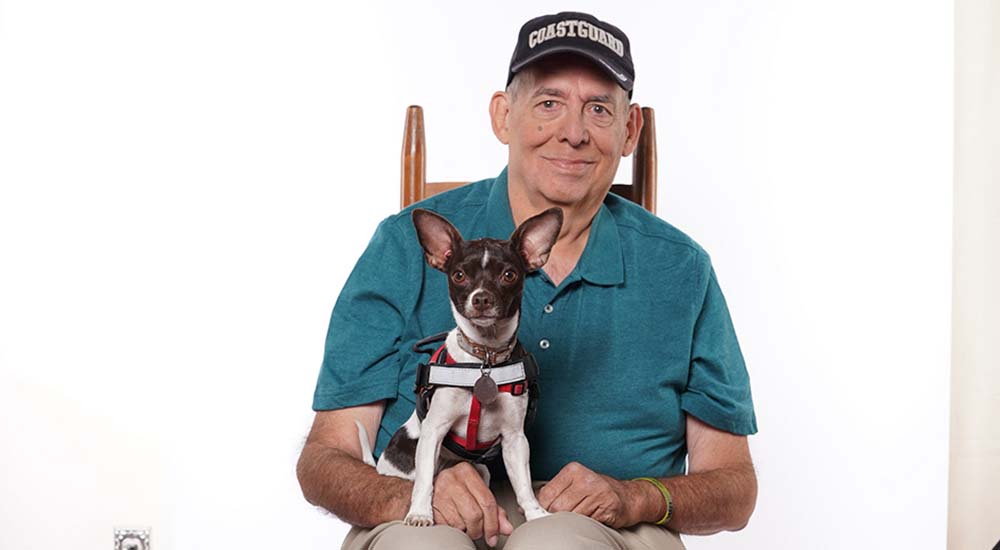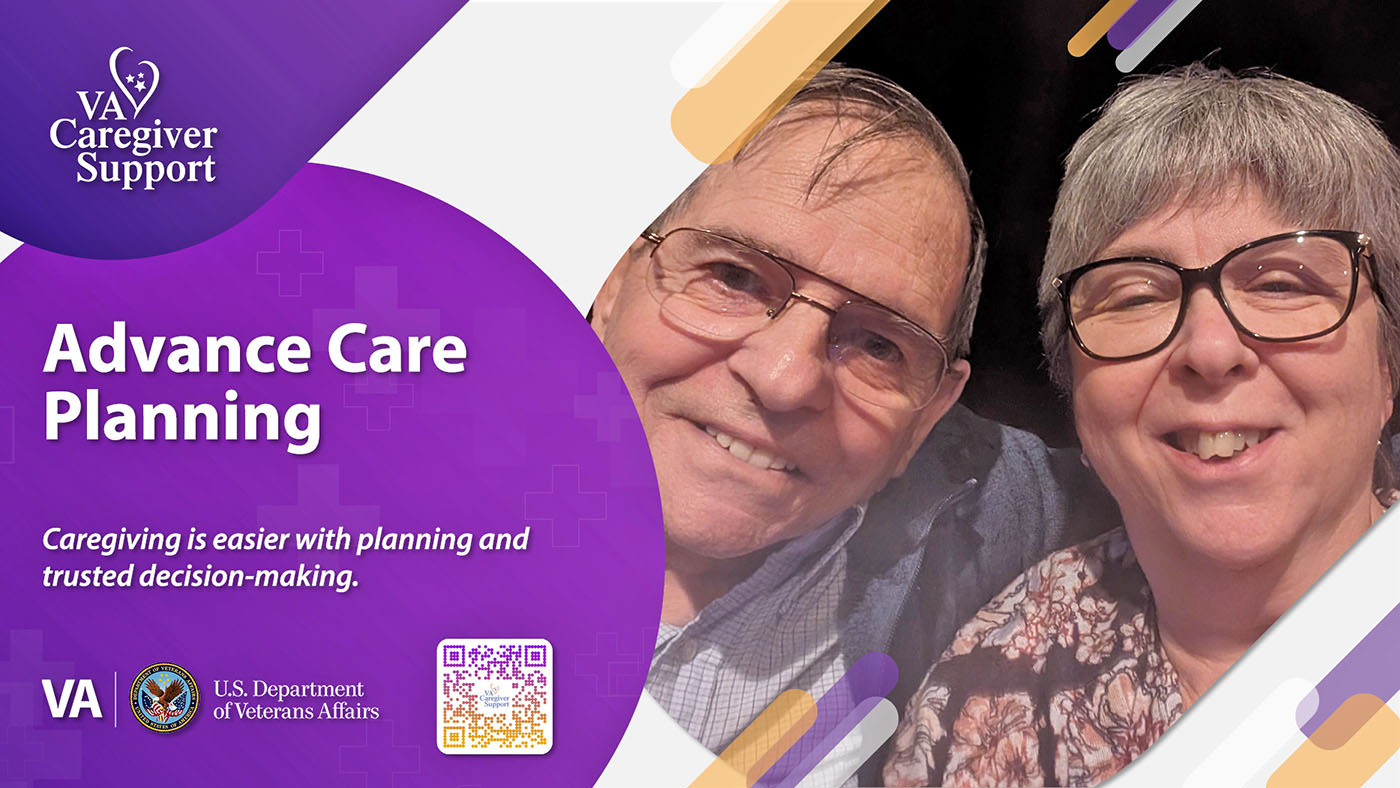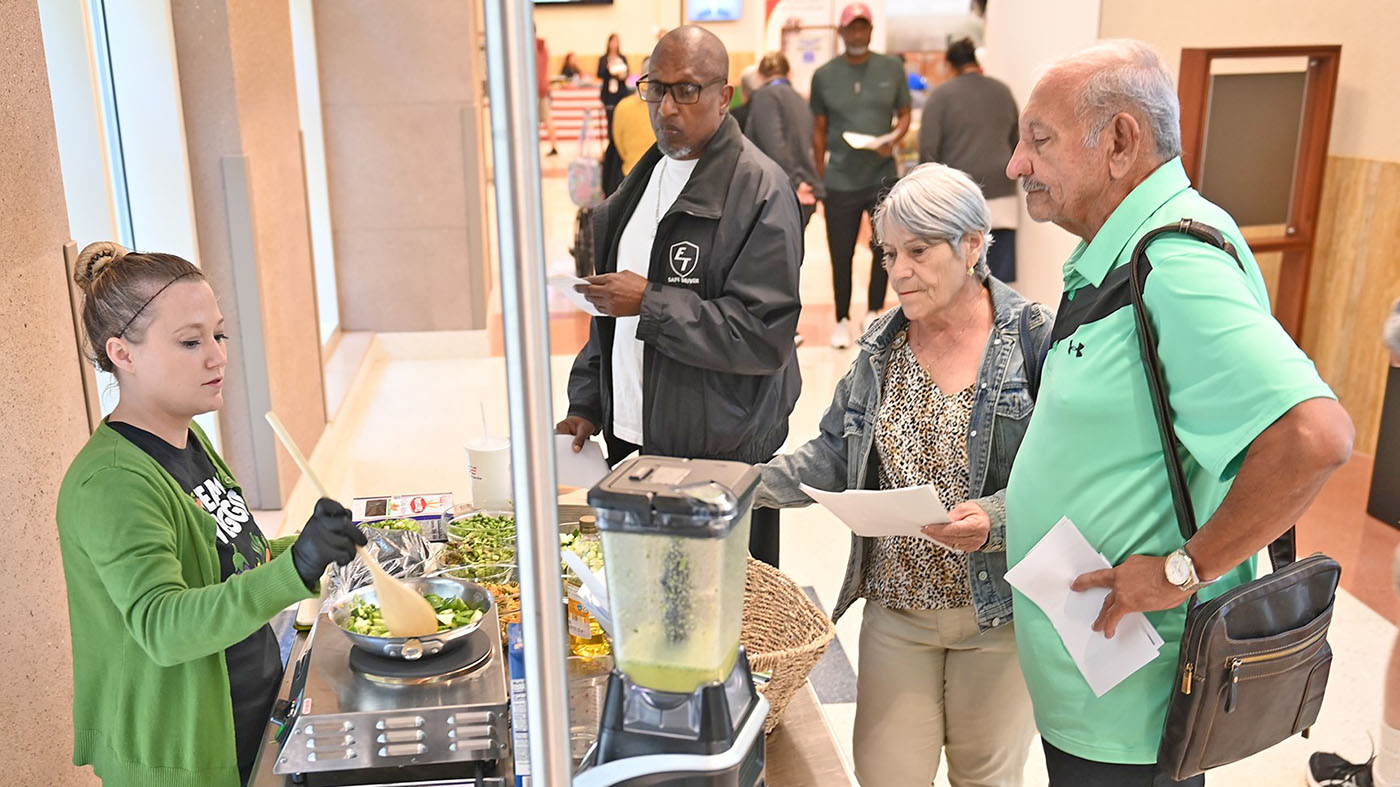It’s never too late to get help. For Coast Guard Veteran Don (above), manic episodes led to a confrontation with the police and, ultimately, jail time.
“I haven’t had a manic episode since 2000. The VA has a lot of resources to keep you there, because the VA doesn’t want to lose you. They’ll do everything they can so you understand what your illness is all about and what you need to do to resume a normal life.”
Don found support from VA and has been managing bipolar disorder without a manic episode for more than 19 years. Hear his story.
When you transition from military service, many people – including your college professors – may not immediately understand the challenges you face. VA support helped Army Veteran Stephen seek treatment and advocate for himself to improve his college experience after he was diagnosed with PTSD. Hear his story.
Spouses, partners and family members discuss the challenges the Veterans in their lives experienced and speak to their shared journey of recovery in this video.
Self-help tools you can use to make progress toward recovery
No matter what you may be experiencing, there is support for getting your life on a better track. Many, many Veterans have found the strength to reach out and make the connection.
Being both mentally and physically healthy is essential to overall well-being. Recovering from a mental health challenge is a process that involves hope, action, problem-solving, and tapping into or building up your support system. Many people benefit from the support of a professional who can work closely with them in the recovery process.
There are also self-help tools available for managing symptoms and making progress toward recovery. Even seemingly small steps can help give you hope that things will get better.
When addressing a mental health challenge, you can take several practical steps to begin feeling better. There are also many resources available to support you in your recovery, including a variety of brief self-assessments.
Topics in this story
More Stories
In this week's #LiveWholeHealth video, learn how to incorporate mindful movement into your day with yoga and stretching to improve posture, reduce stress and boost mood.
VA’s Caregiver Support Program provides Veterans’ caregivers, especially first-timers, guidance and resources.
Healthy Teaching Kitchen offers Veteran patients nutrition knowledge and the guidance and skills to learn how to cook.








